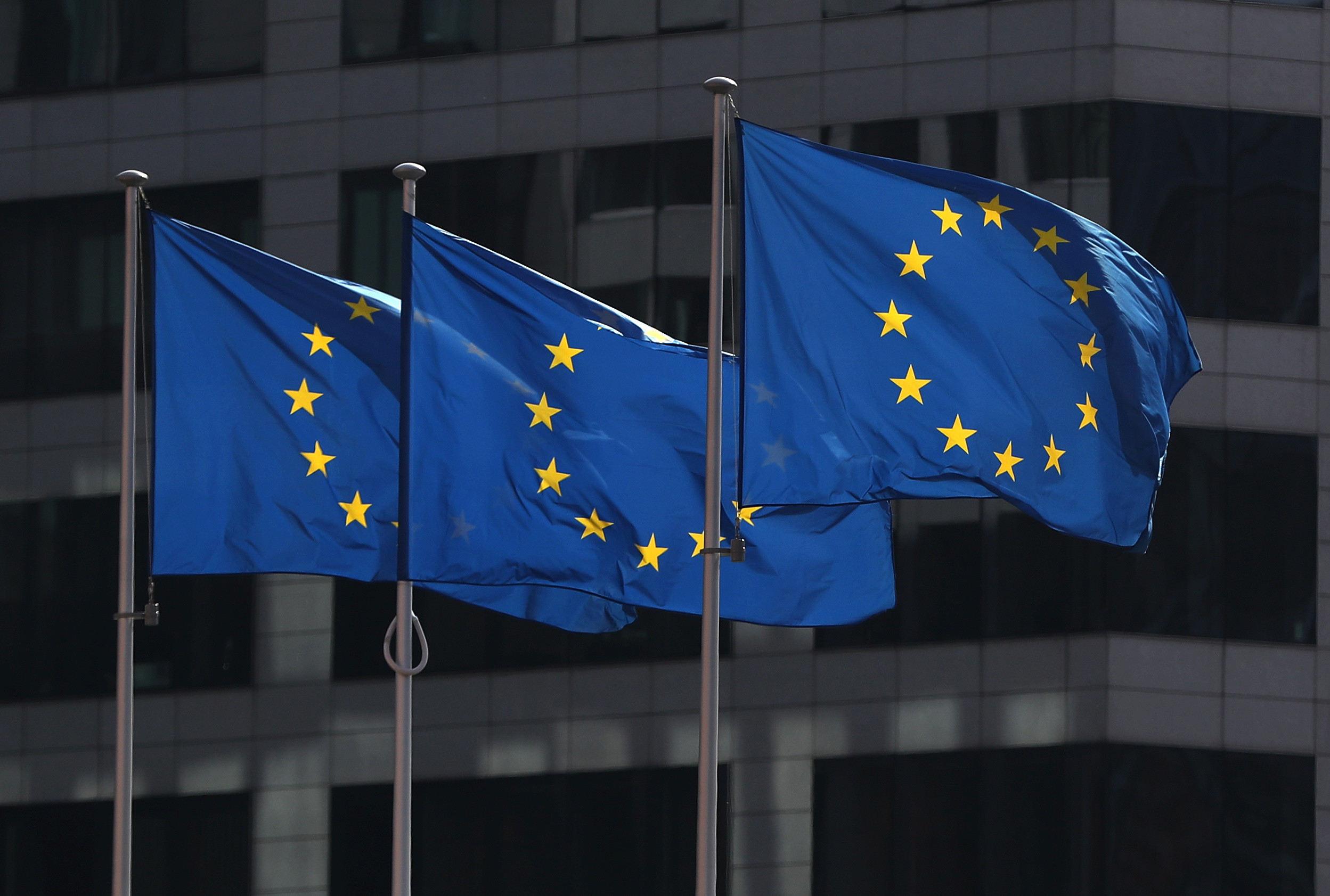Citizens call for a bigger EU budget to tackle crisis, new survey shows

In a new survey commissioned by the European Parliament and conducted in the second half of June 2020, nearly seven out of ten respondents (68%) want a stronger role for the EU in fighting this crisis. More than half (56%) believe this requires greater financial means for the EU, which should be directed primarily at tackling the impact of the pandemic on the health sector and the economy.
Among Maltese respondents, 84% want a stronger role for the EU in fighting this crisis and 62% believe this requires greater financial means for the EU.
More than half of respondents (53%) remain dissatisfied with the solidarity shown between EU Member States during the pandemic, although more people now have a more positive view than was the case in April (+ 5 points).
Widespread awareness about EU actions against COVID-19 – and satisfaction is growing
Three out of four European citizens (76%) have heard about the various EU measures proposed to fight the consequences of the COVID-19 pandemic. 36% of respondents, an increase of three points compared to the first survey of this kind in April, also know what these measures are. Of those who have heard about the EU measures against COVID-19, 49% are satisfied with them. A clear increase of almost 7 points on average (compared to 42% in April) confirms the growing public support for the proposed measures, many of which have still to be implemented.
Majority still not satisfied with solidarity between EU Member States
While just over half of respondents across the EU (53%) are not satisfied with the solidarity shown between EU Member States during the pandemic, 39% of EU citizens on average say that they are satisfied. This is an average increase of 5 points since April 2020, most notable in Portugal and Spain (both +9 points), Germany, Greece, Romania and Slovakia (all around +7 points).
The EU should improve common tools to face crises such as COVID-19
Around two-thirds of respondents (68%) agree ‘the EU should have more competences to deal with crises such as the Coronavirus pandemic’, backed by an absolute majority in 26 Member States. The strongest support for more EU competences comes from respondents in Portugal and Luxembourg (both 87%), Cyprus (85%), Malta (84%), Estonia (81%), Ireland (79%), Italy and Greece (both 78%), as well as Romania (77%) and Spain (75%).
An absolute majority of Europeans support a larger EU budget to fight COVID-19
56% of Europeans believe the EU should have greater financial means to be able to overcome the consequences of the Coronavirus pandemic. In 15 EU Member States, an absolute majority of respondents agrees with this claim, led by Greece (79%), Cyprus (74%), Spain and Portugal (both 71%). In Malta 62% agree.
Asked about the policy fields where this enlarged EU budget should be spent, public health tops the priority list for European citizens. 55% of respondents find spending on public health to be the most important, coming first in 17 EU Member States. Following this top priority, economic recovery and new opportunities for businesses (45%), employment and social affairs (37%) as well as the fight against climate change (36%) follow suit. In Italy (58%), Slovenia (55%) and Lithuania (54%), funding the economic recovery comes first. Citizens in Austria (48%) and Denmark (45%) see the continued fight against climate change as the EU’s top priority, while in Slovakia (63%), Croatia (58%) and Finland (46%) the most mentioned response is employment and social affairs.
In Malta, public health also tops the priority list, followed by immigration issues, then education training and culture, and climate change and environmental protection.
Personal financial difficulties remain significant
A clear indicator showing how important it is to make the necessary decisions for the Recovery Package as soon as possible is the worrying personal financial situation of European citizens since the beginning of the pandemic. Nearly unchanged since April, 57% of respondents say that they have experienced personal financial difficulties. Most mentioned is the ‘loss of income’ (28%), as a key issue in 21 Member States, with highest returns in Hungary and Spain (both 43%), Bulgaria and Greece (both 41%) as well as Italy (37%).
In Malta 62% of respondents say they have not experienced any of the difficulties listed in the survey, whilst 18% say they have suffered a loss of income.
